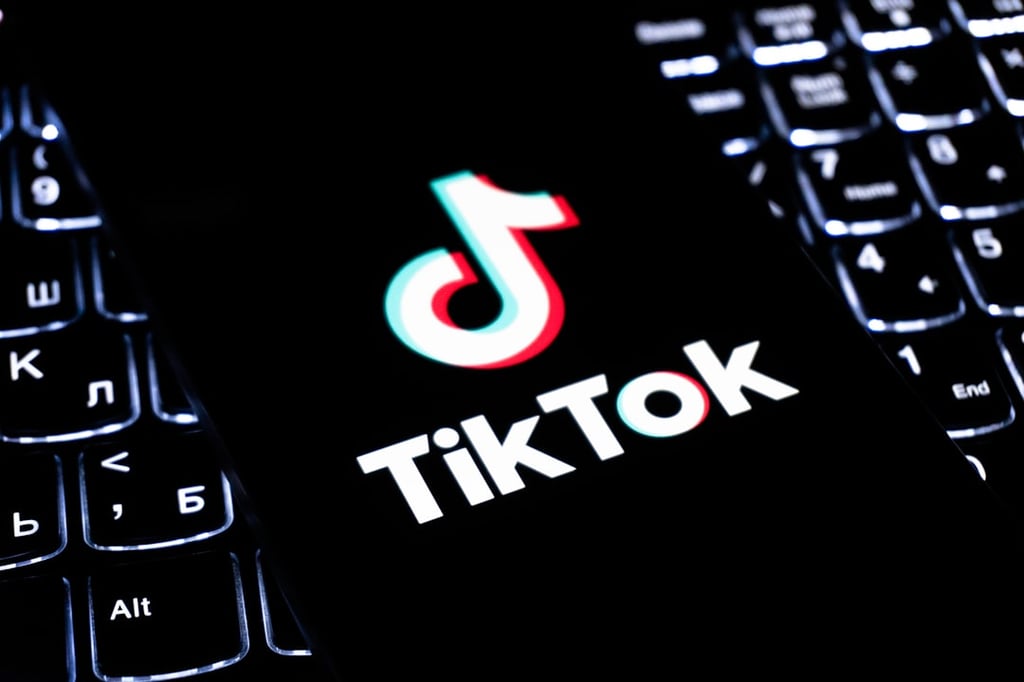Datamation content and product recommendations are
editorially independent. We may make money when you click on links
to our partners.
Learn More
The news has just barely hit that search giant Google is buying Motorola Mobility, yet some pundits have already begun to posit that, other than acquiring a treasure trove of mobile patents, this could be worse news for Google than for Microsoft.
For anyone not living under a rock, Google (NASDAQ: GOOG) announced Monday that it has agreed to buy the recently spun-off wireless handset maker Motorola Mobility (NYSE: MMI) for some $12.5 billion — the largest acquisition in the company’s history.
While the roughly 16,000 patents at stake will likely come in handy in helping Google defend infringement assaults against its Android smartphone operating system and its licensees, opinions are mixed as to whether the move will ultimately be a win for Google.
“Google is going to screw this up if they plan to keep the hardware company running,” Rob Enderle, principal analyst at the Enderle Group, told InternetNews.com. “The failure rate is high of software companies buying hardware companies [so] this would be good news for Microsoft,” he added.
Although, for the time being at least, Google intends to run Motorola Mobility as a standalone subsidiary, the fact that Google would own a franchise to make Android devices, plus separately license Android to third parties, can’t help but roil the waters for the licensees.
“Any turmoil for Android is good for Microsoft,” Enderle said.
Google’s Android is nominally the largest player in the smartphone OS marketplace, along with Apple (NASDAQ: AAPL). Though Nokia’s Symbian OS is still the leader in units, it has been losing market share dramatically since it announced a deal with Microsoft in February to make Windows Phone its exclusive smartphone system.
Observers point out that no one wants to buy a smartphone with a dead (Symbian) operating system, and new Nokia phones with Windows Phone haven’t appeared yet.
Additionally, since its launch last fall, Windows Phone has made a less-than modest impact in the smartphone market, something Microsoft is hoping to change later this year when Windows Phone-equipped Nokia smartphones go on sale.
Some pundits have seen Microsoft’s recent participation in auctions of other key troves of mobile patents as the software giant preparing for an all out patent assault on Android. Microsoft already filed an infringement suit against Motorola last fall regarding patents it claims to own that are used in Android — so some observers see the Motorola Mobility purchase as prologue to a showdown between the two titanic competitors.
“The most important point is the sheer size of [Motorola Mobility’s] patent portfolio,” Charles King, principal analyst at research firm Pund-IT, told InternetNews.com.
“The general consensus is that, as robust as the uptake of Android has been in the market, that a lot of patents would be a long-term improvement,” King added.
That leaves an important question unanswered. What happens to Research in Motion’s (NASDAQ: RIMM) BlackBerry platform? Many observers have postulated that there is not room in the smartphone space for four or five platforms. Could BlackBerry be a takeover target next?
“Any news in that space is bad for Blackberry, Enderle said.
A request for comment was not returned by a Microsoft spokesperson at publication time.
Stuart J. Johnston is a contributing editor at InternetNews.com, the news service of Internet.com, the network for technology professionals. Follow him on Twitter @stuartj1000.
-
Huawei’s AI Update: Things Are Moving Faster Than We Think
FEATURE | By Rob Enderle,
December 04, 2020
-
Keeping Machine Learning Algorithms Honest in the ‘Ethics-First’ Era
ARTIFICIAL INTELLIGENCE | By Guest Author,
November 18, 2020
-
Key Trends in Chatbots and RPA
FEATURE | By Guest Author,
November 10, 2020
-
Top 10 AIOps Companies
FEATURE | By Samuel Greengard,
November 05, 2020
-
What is Text Analysis?
ARTIFICIAL INTELLIGENCE | By Guest Author,
November 02, 2020
-
How Intel’s Work With Autonomous Cars Could Redefine General Purpose AI
ARTIFICIAL INTELLIGENCE | By Rob Enderle,
October 29, 2020
-
Dell Technologies World: Weaving Together Human And Machine Interaction For AI And Robotics
ARTIFICIAL INTELLIGENCE | By Rob Enderle,
October 23, 2020
-
The Super Moderator, or How IBM Project Debater Could Save Social Media
FEATURE | By Rob Enderle,
October 16, 2020
-
Top 10 Chatbot Platforms
FEATURE | By Cynthia Harvey,
October 07, 2020
-
Finding a Career Path in AI
ARTIFICIAL INTELLIGENCE | By Guest Author,
October 05, 2020
-
CIOs Discuss the Promise of AI and Data Science
FEATURE | By Guest Author,
September 25, 2020
-
Microsoft Is Building An AI Product That Could Predict The Future
FEATURE | By Rob Enderle,
September 25, 2020
-
Top 10 Machine Learning Companies 2020
FEATURE | By Cynthia Harvey,
September 22, 2020
-
NVIDIA and ARM: Massively Changing The AI Landscape
ARTIFICIAL INTELLIGENCE | By Rob Enderle,
September 18, 2020
-
Continuous Intelligence: Expert Discussion [Video and Podcast]
ARTIFICIAL INTELLIGENCE | By James Maguire,
September 14, 2020
-
Artificial Intelligence: Governance and Ethics [Video]
ARTIFICIAL INTELLIGENCE | By James Maguire,
September 13, 2020
-
IBM Watson At The US Open: Showcasing The Power Of A Mature Enterprise-Class AI
FEATURE | By Rob Enderle,
September 11, 2020
-
Artificial Intelligence: Perception vs. Reality
FEATURE | By James Maguire,
September 09, 2020
-
Anticipating The Coming Wave Of AI Enhanced PCs
FEATURE | By Rob Enderle,
September 05, 2020
-
The Critical Nature Of IBM’s NLP (Natural Language Processing) Effort
ARTIFICIAL INTELLIGENCE | By Rob Enderle,
August 14, 2020
SEE ALL
ARTICLES







